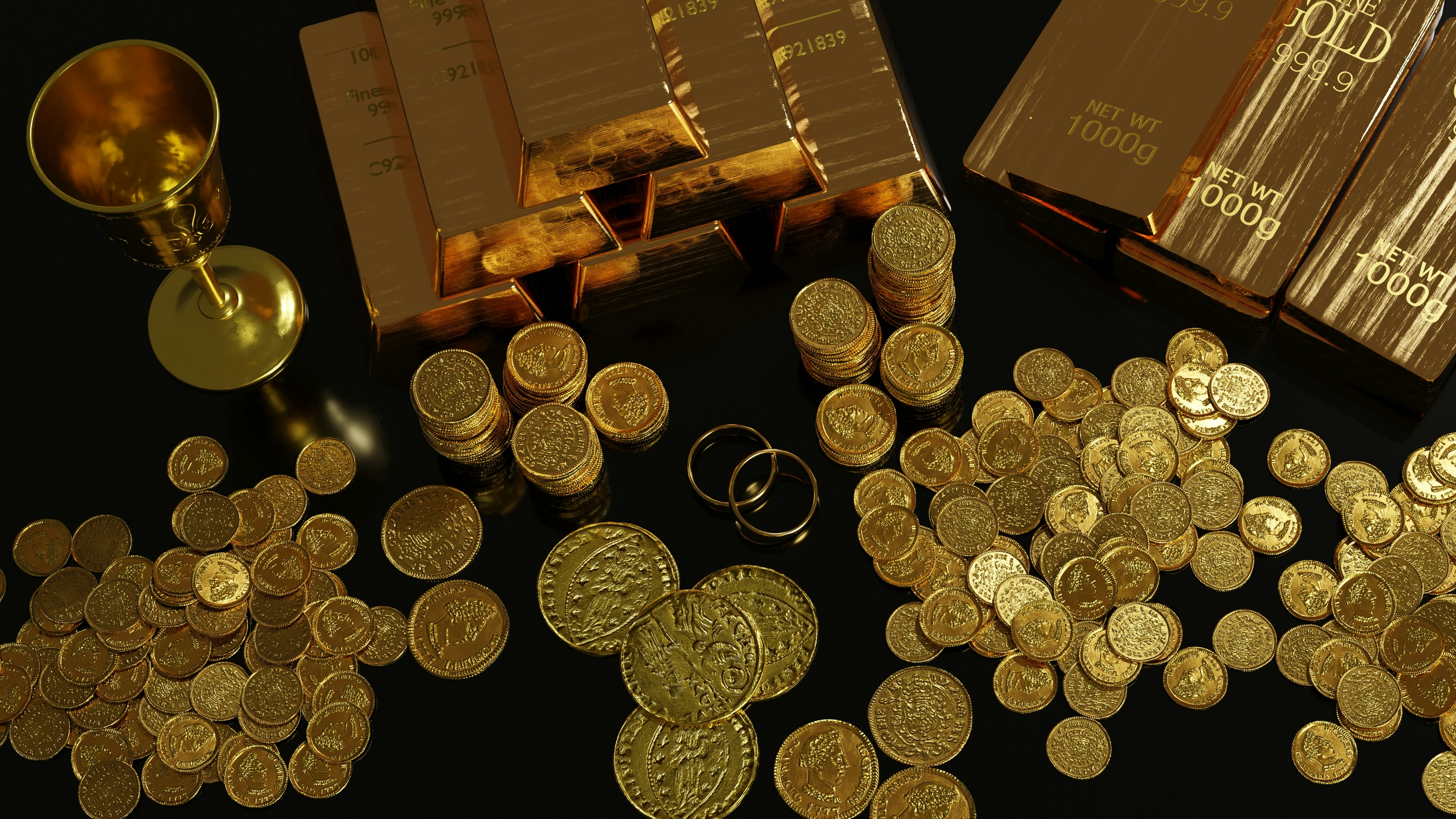The Complexity Of Defining 'Recycled' And 'Reprocessed' Gold

The gold industry is undergoing a significant transformation as it strives to enhance sustainability practices. A crucial aspect of this effort is the clear definition of terms such as 'recycled' and 'reprocessed' gold. However, the lack of consensus on these definitions among industry bodies has led to considerable challenges, creating confusion among consumers and hindering the overall sustainability drive.
Historical Context
Early Definitions
Initially, the term 'recycled' gold was broadly understood to mean gold that had been previously used and then reclaimed for new purposes. This could include gold from old jewelry, electronic waste, or industrial applications that had been melted down and reformed. On the other hand, 'reprocessed' gold generally referred to gold that had undergone some form of purification or refining to remove impurities and restore its quality.
Evolution of Terms
As the focus on sustainability in the gold industry increased, these definitions became more nuanced. The growing emphasis on ethical sourcing and environmental impact led to more complex interpretations of what constitutes 'recycled' and 'reprocessed' gold. The distinctions began to blur as the industry sought to balance the need for clear, practical definitions with the desire to promote sustainable practices.
Industry Perspectives
Divergent Views
Different industry bodies and certification schemes have adopted varying definitions for 'recycled' and 'reprocessed' gold. For instance, some organizations consider gold reclaimed from electronic waste as 'recycled', while others do not, arguing that such gold should be classified differently due to the processes involved in reclaiming it. These divergent views create significant challenges for establishing a unified approach to sustainability in the gold industry.
Impact on Standards
The lack of alignment in definitions affects the development and implementation of sustainability standards across the industry. Without a common understanding of what constitutes 'recycled' and 'reprocessed' gold, it becomes difficult to set consistent criteria for certification and compliance. This inconsistency hampers efforts to promote sustainable practices uniformly and undermines the credibility of industry standards.
Consumer Confusion
Mixed Messaging
Consumers are bombarded with conflicting information about what 'recycled' and 'reprocessed' gold mean, leading to confusion and mistrust. For example, a piece of jewelry labeled as 'recycled gold' by one certification body might be considered 'reprocessed gold' by another, even though the underlying processes are similar. This mixed messaging makes it challenging for consumers to understand the sustainability claims of gold products.
Sustainability Claims
The inconsistency in definitions also makes it difficult for consumers to verify the authenticity of sustainability claims. When different organizations use the terms 'recycled' and 'reprocessed' in varying ways, it creates ambiguity about the environmental and ethical impact of the gold they are purchasing. This lack of clarity can influence consumer purchasing decisions, leading to skepticism and reduced trust in the market.
Conclusion
The gold industry faces significant challenges due to the lack of clear and consistent definitions for 'recycled' and 'reprocessed' gold. This ambiguity not only hampers the development of effective sustainability standards but also creates confusion among consumers, undermining trust in the industry. Resolving these definitional issues is crucial for advancing sustainability efforts and building consumer confidence. Industry bodies must work towards consensus and clarity to ensure that the gold market can effectively promote and achieve its sustainability goals.
Author: Gerardine Lucero
Copper's Comeback: Inside BHP And Lundin's Argentine Asset Acquisition
Copper, often dubbed "the metal of electrification," is experiencing a resurgence in demand due to its critical role in ... Read more
Revitalizing Commodities: How Clean Energy Is Breathing New Life Into A Stagnant Market
The commodities market, traditionally a cornerstone of investment portfolios, has experienced a decade of stagnation. Ho... Read more
European Airports Disrupted By Escalating Climate Protests
Climate activists have escalated their protests at European airports, blocking runways and causing flight disruptions in... Read more
Hungary's Russian Oil Dilemma: Why Brussels Is Cautious In Offering Support
Hungary's reliance on Russian oil has led it to seek support from Brussels to ensure continued access to this crucial en... Read more
Unveiling China's Secret Commodity Stockpiles: What Lies Ahead?
Xi Jinping's extensive reserves of grain, natural gas, and oil hint at future challenges.In a move shrouded in secrecy, ... Read more
Copper Miners Brace For Industry Overhaul As End Users Seek Direct Deals
The copper mining industry is bracing for a significant overhaul as end users, including cable manufacturers and car com... Read more

